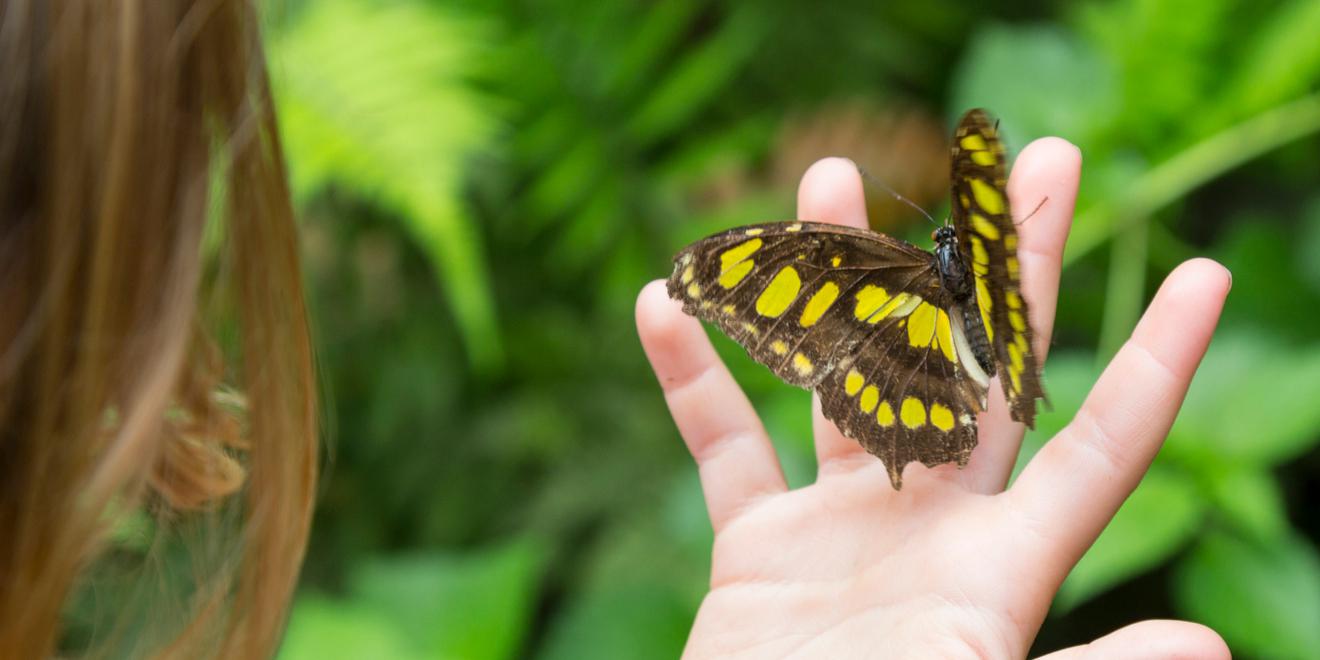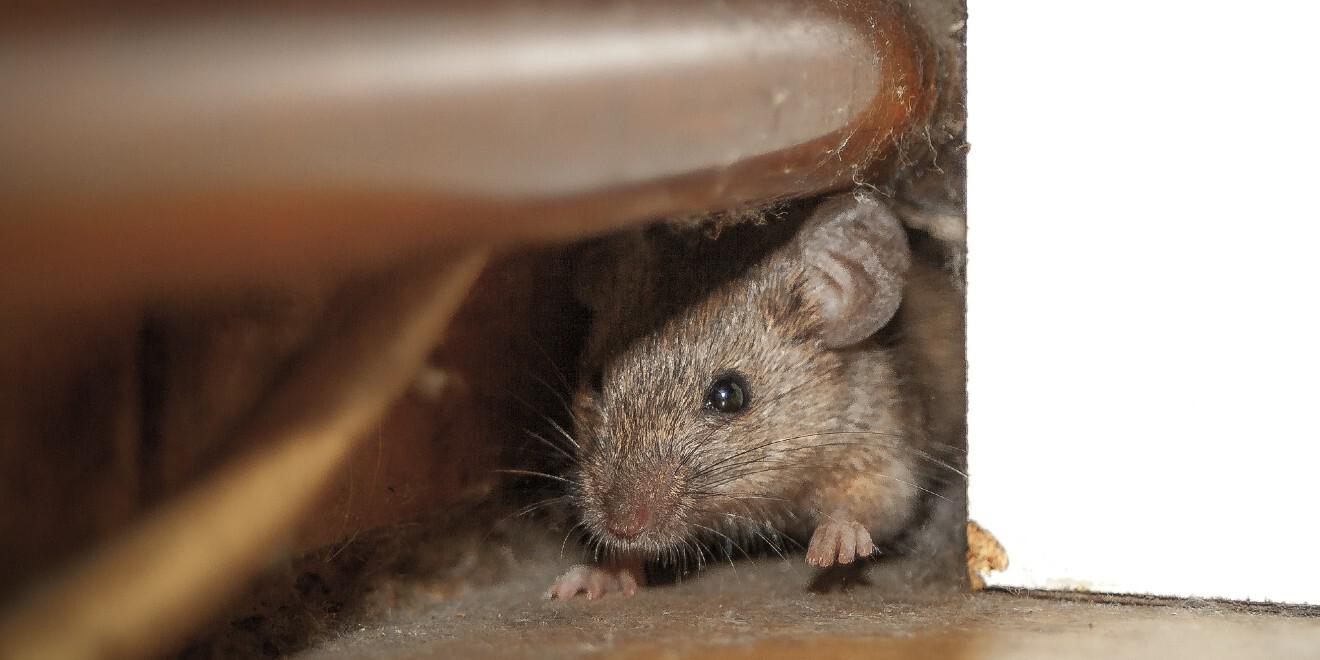Answering Commonly Asked Questions
Posted by Mosquito Squad
December 20, 2023

We have trained Mosquito Squad Technicians that provide professional services to eliminate mosquitoes from your property. We have been asked many questions about mosquito control that we are happy to address so our customers have the knowledge they need before starting our services.
Are the products used safe?
Our products are mixed only by Mosquito Squad management in accordance with the product labels, our technicians apply the products per the label instructions making them non-toxic to people, pets, and wildlife. However, we do recommend people and pets wait 30 minutes before re-entry outside to enjoy the property. This is to allow the product time to dry on the applied areas.
What areas do you treat?
We treat all standing vegetation along the perimeter, reaching approximately 20–30 feet into the woods when possible. We also treat vegetation around the house and in both the front and back yards, under decks, around pools and fire pits. We treat standing water as well as disrupt temporary standing water commonly found in tarps, tires, toys, buckets, etc. We treat wherever mosquitoes and ticks feed, breed and harbor. If there is a special area of your property you would like us to focus on or avoid please let us know.
How long does it last?
Our Traditional Treatment lasts up to 21 days, while our Natural Service lasts up to 14 days.
What if it rains before, during or right after?
Management constantly monitors weather data because rain and humidity does impact mosquito presence. We do not treat any property during falling rain. Rain prior to the service (even on the day of treatment) has no impact and will not lessen the effectiveness of your treatment. If it starts raining during your treatment your technician will go to the truck and call management for follow-on instructions. Oftentimes rain passes relatively quickly so management might have your technician take a small break until the rain stops before resuming treatment. The technician will re-treat any area(s) that might have gotten wet during application after the rain stops completely. We ask our customers to wait 30 minutes before resuming any outdoor activities so that our product can dry on the treated areas, on warm or hot days the treatment may dry significantly sooner than 30 minutes. Your technician will let management know if it does rain right after treatment and we will contact you for the next steps. Also, once the product has dried, the product is UV and weather resistant.
How do you keep my neighbors’ mosquitoes from coming in?
As mosquitoes attempt to enter into a treated area they typically will have to land on treated vegetation (typically shrubs and trees). This creates a barrier that is difficult for mosquitoes to fly through. If some do happen to get through they will be eliminated when they go back to the treated areas for nutrition and shelter.
Can this harm beneficial insects like bees?
Mosquitoes and bees do not feed, breed, or harbor in the same places. We are very careful to avoid areas where bees may be or interact with. Our products are specifically designed to target mosquitoes and ticks. The owner of your local Mosquito Squad is a beekeeper with a thriving apiary and consistently applies the same mosquito treatment that we offer you on her property.
Do you treat vegetables, fruits or flowers?
Mosquitoes typically don’t harbor in these areas. Our technicians are trained to avoid these areas in order to avoid having any effect on pollinators. Mosquitoes like to hide in thick, shady, dense vegetation, this is where we focus the majority of our treatment.
If you have a question that wasn’t answered here, reach out! Mosquito Squad has the answers you need to make the best decision this upcoming Spring.















